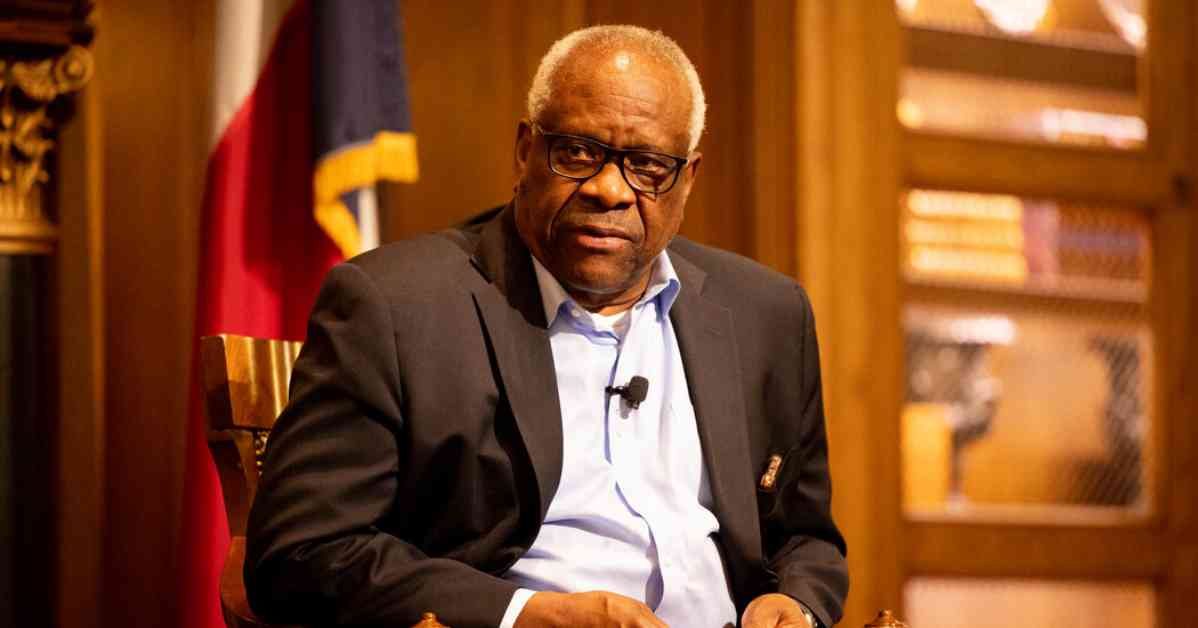Justice Clarence Thomas raised concerns about the legality of Jack Smith’s appointment as special counsel in a recent decision. This issue is particularly relevant in the context of the federal case against former President Donald J. Trump, where Smith is handling matters related to classified documents and obstruction of justice.
In his concurrence, Justice Thomas indicated that he agreed with the majority’s decision regarding executive immunity for Trump. However, he brought up the question of whether Smith’s appointment was done in accordance with the law. This echoes Trump’s own position on the matter, adding another layer of complexity to the ongoing legal battles.
The legality of Smith’s appointment is also being examined by Judge Aileen M. Cannon in the Federal District Court in Fort Pierce, Florida. Recent hearings focused on the funding and appointment process of Smith as special counsel, shedding light on the potential implications of an appointment made without a legal basis.
While Justice Thomas did not explicitly reference the ongoing case in Florida or Judge Cannon in his concurrence, his call for lower courts to investigate the essential questions surrounding Smith’s appointment aligns with the developments in the documents case. He emphasized the importance of addressing any issues related to the legitimacy of Smith’s role and suggested that there should be repercussions if the appointment was found to be legally questionable.
This legal saga involving Trump, Smith, and the questions surrounding the special counsel’s appointment continues to unfold, with Justice Thomas’s remarks adding a new dimension to the debate. As the courts delve deeper into the intricacies of these appointments and their implications, the outcome of these legal battles could have far-reaching consequences for all parties involved.


















